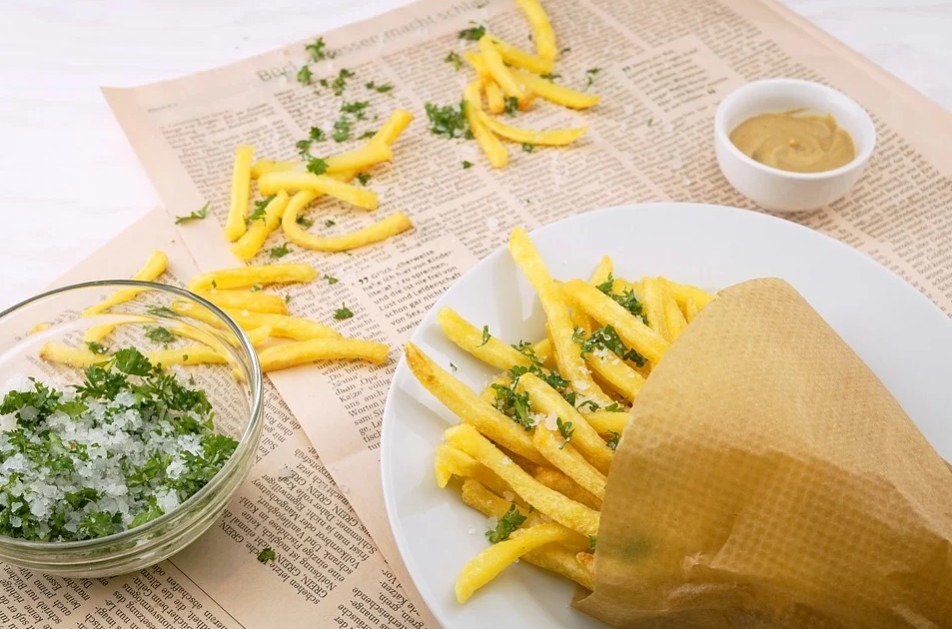Have you ever noticed how shockingly fast the trash can in your kitchen can fill up? Between empty milk jugs and food containers, it is no wonder you have to take out the trash so often. Unfortunately, the amount of waste that leaves the average person’s kitchen has a negative impact on the environment. Consider a handful of simple ways you can be more environmentally-conscious while still making great food.
1. Revamp Your Grocery Shopping Routine
The quest to reduce kitchen waste begins even before you bring your groceries home. For many people, a normal shopping trip results in a bunch of unecessary produce and grocery bags. These sorts of bags can be difficult to recycle and often end up being blown around town by the wind. Consider bringing your own reusable grocery bags to the store on your next trip. Not only do these bags eliminate the need for single-use plastic bags, but they also make it easier to carry your groceries in fewer trips. Be sure to also look for light-weight produce bags to store your fruits and veggies. Check out sites like Persus that may provide you with additional smart shopping ideas and ways to track your progress towards a sustainable lifestyle.
2. Choose Packaging Wisely
While you’re perusing the isles at your local grocery store, consider whether there are alternatives to the usual products you buy that use more eco-friendly packaging. Instead of buying things that come in plastic bottles or containers, for example, look for glass bottles, aluminum cans and paper bags. Remember that in some cases you may be able to return containers to get an initial deposit back or even refill them. When available, you may even be able to buy products such as nuts and grains in bulk and scoop them into your own containers.
3. Start From Scratch
Another tip to consider is that making meals and snacks from fresh or bulk ingredients often requires much less packaging. For example, baking your own bread or cookies allows you to purchase flour in a paper bag instead of a plastic bag or container. Similarly, frozen meals often come in a plastic tray that you would not have to use in a homemade meal. While it may take more time to cook this way, it will likely save you quite a bit of money in addition to reducing your waste.
4. Opt for Reusable Containers
When you prepare snacks or lunches to take to work or school, try to substitute reusable products for single-use ones. For example, instead of putting a sandwich in a plastic bag each day, consider wrapping it in aluminum foil or putting it in a washable container. You may be able to apply this same strategy for beverages, as well. Reusable water bottles or coffee thermoses eliminate the need to buy big packages of plastic water bottles or foam cups.
5. Recycle Properly
A final way you can cut back on what goes into your kitchen trash can is to research recycling programs near you and to use them properly. Remember that many types of plastic are not recyclable. Additionally, if you put something in a recycling bin that still has food in it, it may have to be thrown away. Be sure to wash containers well before recycling them.
It is true that running your kitchen in an eco-friendly fashion takes extra effort. Even so, it may positively impact the environment and even save you some money on your grocery bill. On top of all that, won’t it be nice to not have to take out the trash quite as often?

